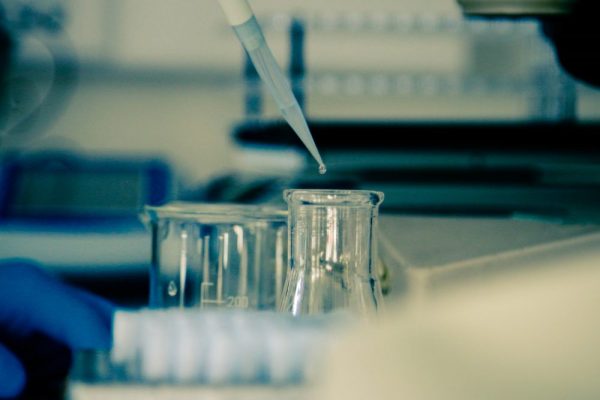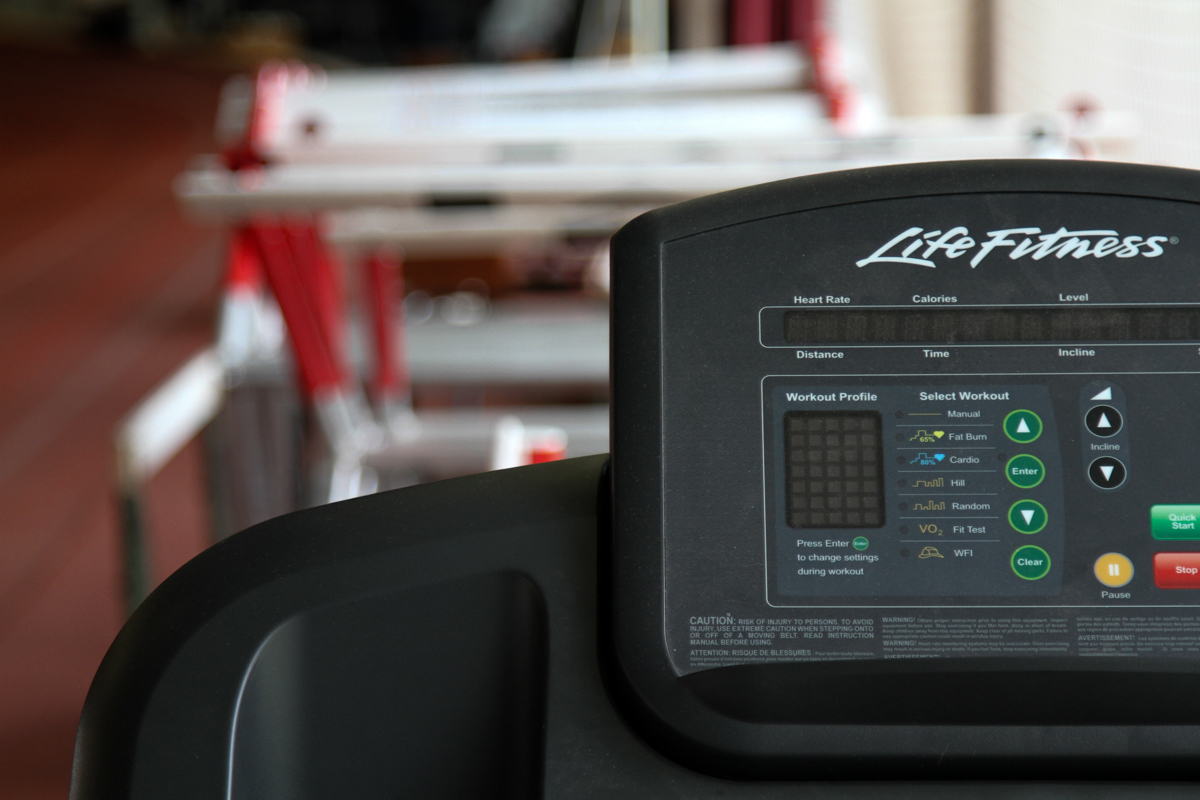Lithuanian Sports University (LSU) scientists conducted in-depth research, which revealed the reasons why some people are more resistant to cold than others. It turns out it is determined by human genetics. The findings will soon be published in one of the leading scientific journals in the world, “American Journal of Human Genetics”.
“The research conducted revealed that young healthy people of similar composition have different resistance to cold. At the same ambient temperature, some people’s internal body temperature dropped faster, despite the fact that heat production rates were similar. However, we could not explain this phenomenon. Then we started looking for potential causes. We hypothesized that the absence of the α-actinin-3 gene, which is associated with energy production (metabolism), results in cold resistance. This gene is found in the muscles and has a direct effect on heat production in cold conditions,” said Marius Brazaitis, a professor at Lithuanian Sports University who led the research team.
It is estimated that about 1.5 billion of the planet’s population does not have this gene. Scientists explain this by the fact that 50-70 thousand years ago, in search of new hunting grounds, the tribes from the African continent moved to the harsher lands – Central and Northern Europe and the Caucasus. Their bodies adapted to survive harsh conditions by losing this gene. Until now, the α-actinin-3 gene has been most associated with the specificity of muscle contraction, as people with this gene have greater physical strength and speed, and those without it have greater physical endurance.
“The findings of the research increase our understanding of the evolutionary aspects of human migration. While energy-efficient heat production for people lacking α-actinin-3 would have been an advantage when moving to a colder climate, it could actually be a disadvantage in modern society. In the modern world, man protects himself from the effects of cold in heated homes, wearing warm clothes, or eating more food than necessary. For this reason, more efficient use of genetically determined energy is likely to reduce calorie loss, which in the long run can lead to obesity or metabolic disorders,” said Prof. M. Brazaitis.
According to the professor, the most important factor in determining our resistance to cold is the environment in which we live, the clothes we wear and the food we eat; the cold gene is like a “rudiment”, with proper stimulation of which we can achieve unexpected results.
“The loss of the α-actinin-3 gene during evolution increased resistance to cold through more efficient heat production in the muscles. Interestingly, individuals lacking the α-actinin-3 gene shivered less in the cold and chilled more slowly. They felt more comfortable in the cold and most of the heat was generated without shivering, i. e., by increasing muscle tone. Moreover, until now, it was thought that thermoregulation of non-shivering took place through the activation of brown adipose tissue. Our research revealed that brown adipose tissue of people without this gene does not even activate and heat production involves exclusively the processes taking place in the muscle,” said Prof. M. Brazaitis.
The research of the α-actinin-3 gene and its effect on cold lasted 10 years. The first phase of the research was conducted by 4 LSU scientists: Prof. M. Brazaitis, researchers Dr. Nerijus Eimantas and Dr. Henrikas Paulauskas, and chief researcher Prof. Dr. Tomas Venckūnas. They were later joined by scientists from Karolinska Institute (Sweden), who performed analysis of muscle protein expression. In the third phase, Australian scientists were invited to join to breed mice with an artificially suppressed α-actinin-3 gene.
The findings of the research has changed the general understanding of all scientists that, depending on the gene, cold affects different mechanisms involved in metabolism and heat production. There may be interesting research in the future on how α-actinin-3 deficiency is associated with obesity, metabolic syndrome and related diseases such as type II diabetes.
People who are deficient in α-actinin-3 rarely engage in sports that require fast and powerful movements, and in endurance sports, they achieve better results.
“It would be interesting to see how various physical activities affect people with and without α-actinin-3, especially when it comes to protection against metabolic disorders. Also, it would be interesting to learn more about how people who are deficient in α-actinin-3 are exposed to the effects of heat,” said Prof. M. Brazaitis.





